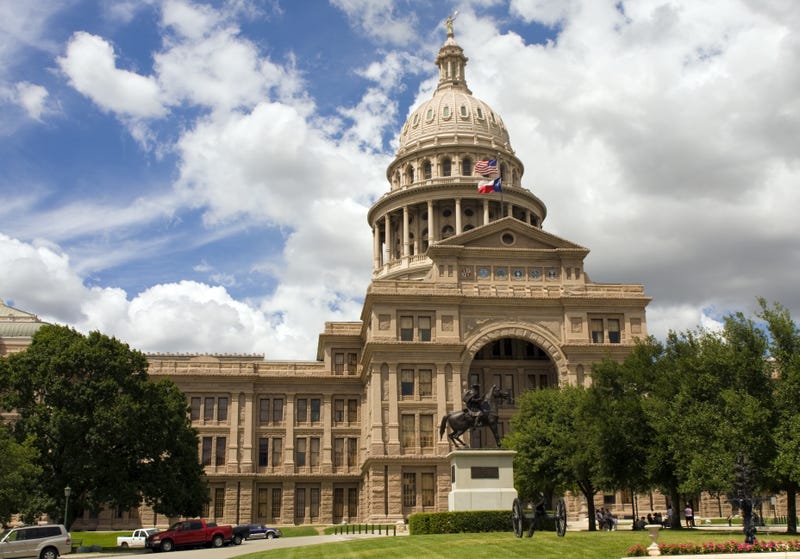
Though early voting in the midterm elections is ongoing, communities in North Texas are already looking ahead to the legislative session that starts January 10, 2023. The North Texas Commission represents cities, counties and business groups.
"We reach across the aisle, reach across great divides, geographic and other, to say, 'We're going to do what's best for the greater population,'" says Patrick Brophey, senior director of stakeholder relations and legislative planning.
The North Texas Commission has identified three issues it considers most important for the legislature: workforce readiness, economic competitiveness and strong local communities.
Workforce readiness includes education and healthcare issues.
"We view healthcare as a workforce argument," Brophey says. "We know a healthy workforce is crucial to a productive, stable economy. We want to maintain that healthy workforce, and that starts by addressing access to care."
The North Texas Commission has supported an expansion of Medicaid in Texas. Brophey says 38 other states have accepted some form of expanded coverage under Medicaid.
"We see a real solution to expanding Medicaid. That's, frankly, getting back money we've already sent off to the federal government," he says. "We think it's good for our bottom line. More importantly, we think it's good for at-risk populations."
Brophey called DFW "the capital of the uninsured," saying Texas leads the nation in the number of uninsured people, and Dallas County leads Texas in the number of uninsured.
"That's a superlative you don't want to carry around," he says.
For health and well-being, the North Texas Commission also lists support for efforts to address workforce shortages in healthcare. Brophy says the pandemic drove "overstressed" doctors, nurses and therapists. As Texas lost healthcare workers, the population has increased, leading to a need for more access to care.
Brophey says the shooting at Methodist Dallas last weekend may add concerns of personal safety to healthcare workers' existing stress.
"We need to do everything we can to support them, to make sure they feel safe, they feel valued, that they are properly compensated," he says, saying the same principles apply to teachers. "I don't know, these days, would want to take that job for the pay they make, the hours they work, the stress they're put through, and to top it all off, the fact their lives could be threatened in the workplace."
Members of the commission say urban areas of Texas have "outstanding access" to healthcare, but that access is threatened by a lack of workforce. Brophey says people who live in urban areas but at lower incomes may also need more access to mental or physical healthcare.
"That begins by trying to break down those social barriers that may have existed," he says. "They could be financial, they could be transportation-related. It's a variety of things that could keep you from getting the proper care you need that may not really look like healthcare from the face of it."
In turn, he says that lack of access can affect people's ability to work and contribute to the economy.
On education, the commission supports "efforts to increase teacher workforce supply and resiliency." The commission also supports increased funding for school security and limits on the expansion of charter schools in high-performing districts.
The North Texas Commission opposes the transfer of public funds to private schools. Brophey says fully funding public schools can train the next generation of the state's workforce.
"It continues for adult learners," he says. "If they go get a certificate, and they want to stack those credentials and have access to higher paying opportunities, different career paths, they ought to be able to do that in an efficient manner and cost-effective manner."
For higher education, the North Texas Commission supports efforts to increase workforce supply in all fields struggling to fill open positions and increase training to meet the goal of the "Building a Talent Strong Texas Initiative."
"That begins by supporting the foundation of workforce which is traditional public schools, our ISDs, K through 12, getting that initial quality education for those future workers," Brophey says.
LISTEN on the Audacy App
Sign Up and Follow NewsRadio 1080 KRLD

